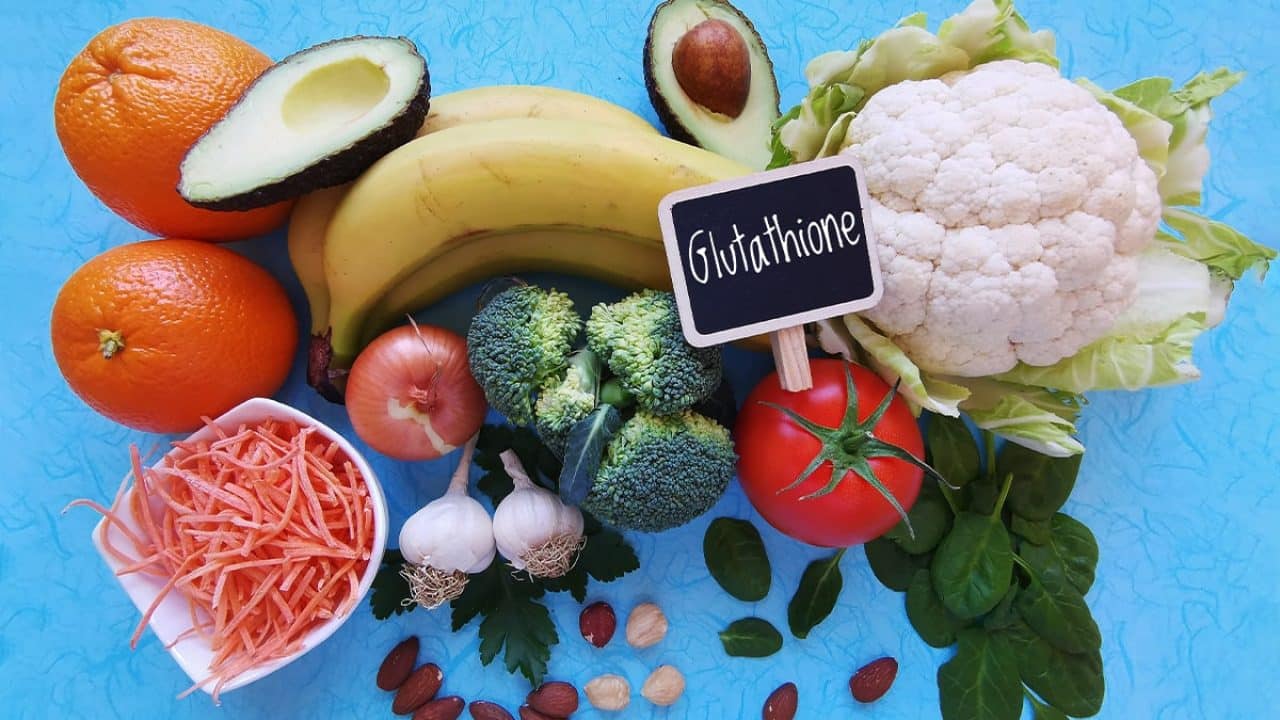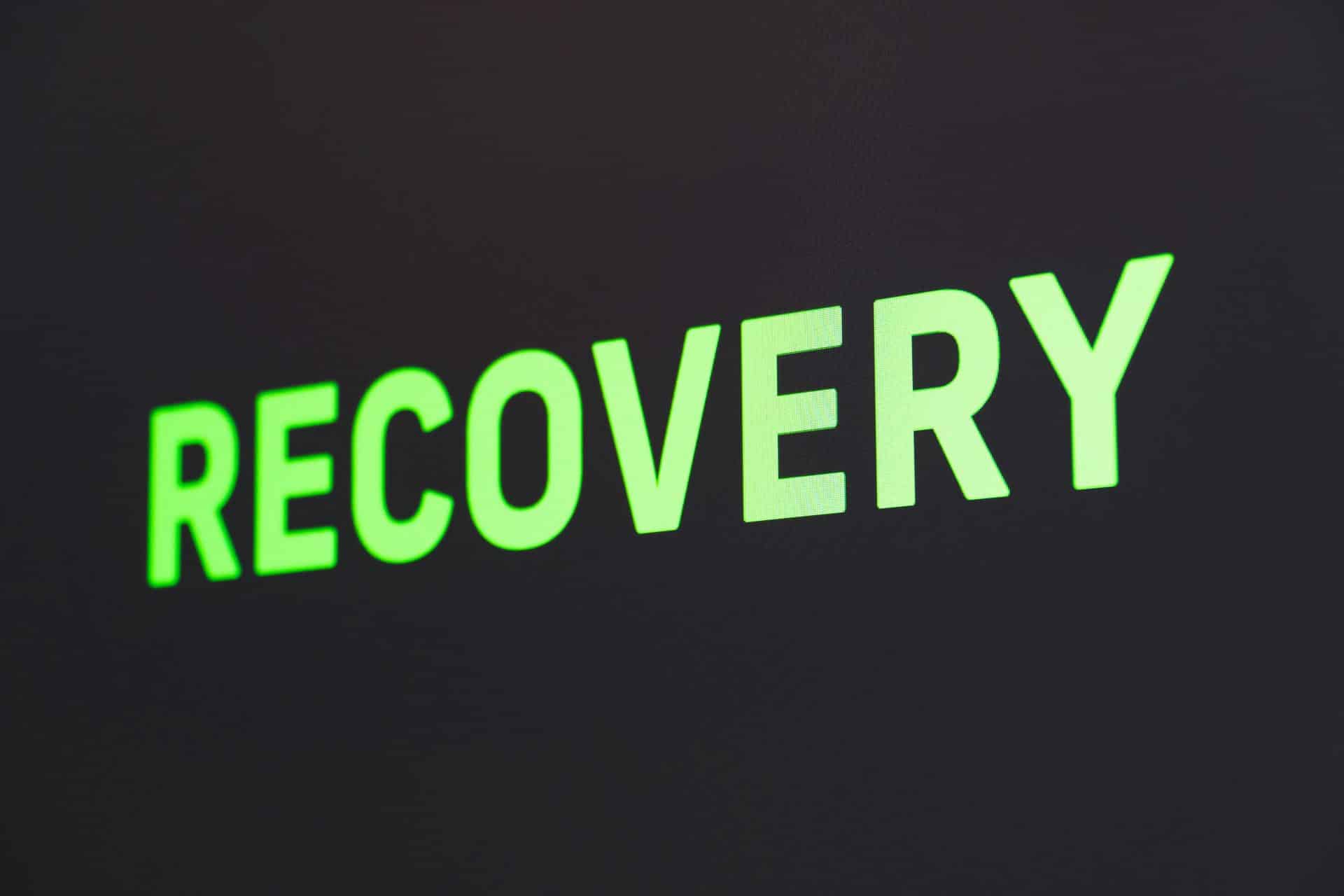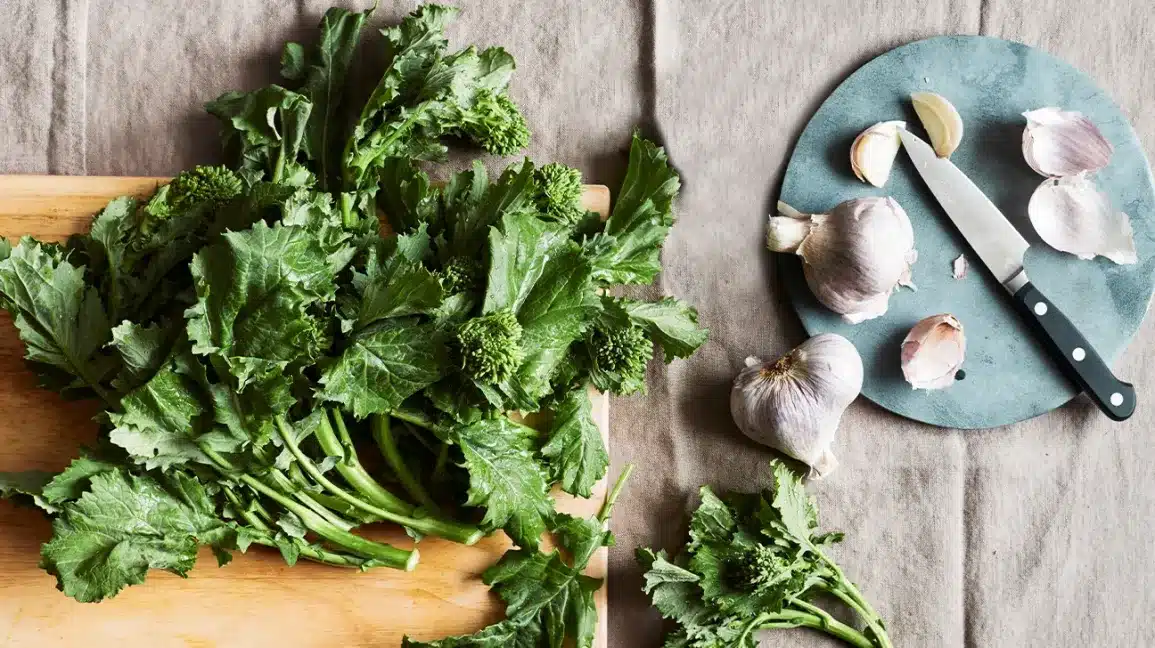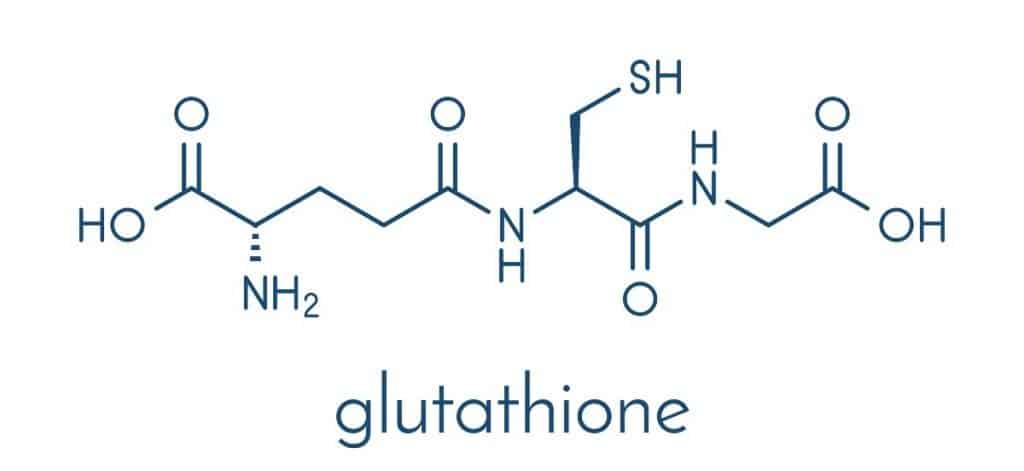I am trying to support my body through this demanding routine by supplementing with glutathione. This powerful antioxidant may be just what I need to bolster my immune system and keep me at the top of my game. Let’s explore how glutathione can help me stay healthy while I push myself to new heights.
Why a Strong Immune System is Crucial for Active Aging
The immune system faces a natural decline in efficiency as we age. This phenomenon, known as immunosenescence, makes us more susceptible to infections, illnesses, and immune system disorders. The stakes are even higher for those of us who are dedicated to maintaining an active lifestyle through activities like Jiu Jitsu, weight training, and cardio. Intense physical exertion, while greatly beneficial in various ways, can also temporarily weaken the immune system, making you more prone to illnesses.
Training rigorously without ensuring your immune system is robust can result in a counterproductive cycle. Physical stress from vigorous exercise can lead to a reduction in the efficiency of your immune responses. You could be sidelined by frequent colds or other infections, thus interrupting your training regimen and overall fitness goals. A well-functioning immune system, therefore, becomes not just a health necessity but a critical component of sustaining your active lifestyle.
Moreover, a strong immune system isn’t merely about warding off infections; it’s also about maintaining overall wellness and resilience. Better immune health supports everything from energy levels to cognitive functions, making your day-to-day life more vibrant and productive. For active ageing, where the balance between physical activity and health becomes increasingly delicate, investing in your immune system’s strength pays off in numerous and profound ways.

The Science Behind Glutathione and Immune Health
Delving into the science, glutathione is often called the “master antioxidant” due to its profound effects on cellular health. Comprising three amino acids—cysteine, glutamine, and glycine—glutathione is pivotal in neutralising free radicals, unstable molecules that can damage cells and lead to chronic illnesses.
In terms of immune health, glutathione plays a multifaceted role. It helps maintain the integrity and function of immune cells, including T-cells and natural killer (NK) cells, which are essential for mounting effective immune responses. By assisting in regenerating vitamins C and E within the body, it also ensures that these antioxidants can continue to combat oxidative stress. This is significant because oxidative stress impairs your immune response and makes you more susceptible to infections and diseases.
Glutathione is crucial for the regeneration of other antioxidants, such as vitamins C and E
Moreover, glutathione is involved in detoxification, particularly in the liver, where it aids in breaking down toxins and harmful substances. This detoxifying property is crucial for maintaining overall health and ensuring that your immune system can function at its peak. When toxins are effectively eliminated, your body becomes less burdened by harmful substances, allowing your immune cells to focus on fighting pathogens and repairing tissue.
Emerging research also suggests that glutathione may play a role in alleviating inflammation and managing autoimmune conditions. For those who engage in intense physical activities like Jiu Jitsu, weight training, and cardio, the role of glutathione in controlling inflammation and reducing oxidative stress is particularly beneficial. It helps accelerate recovery times and prevent overtraining syndrome, weakening the immune system.
Athletes who supplemented with glutathione experienced a 30% reduction in muscle fatigue
In summary, glutathione’s ability to reduce oxidative stress, regenerate other critical antioxidants, support detoxification, and enhance immune cell function makes it indispensable for anyone looking to maintain a robust immune system, especially as you age and remain active.

Diet and Lifestyle Tips to Enhance Glutathione Levels
Firstly, your diet plays a pivotal role. Consuming foods rich in nutrients that support glutathione production can be game-changing. For instance, foods high in sulphur, such as garlic, onions, and cruciferous vegetables (like broccoli, cauliflower, and Brussels sprouts) are fantastic options. These sulphur-rich foods help boost the synthesis of glutathione in your body.
Moreover, including protein sources, particularly those that are rich in glutathione precursors like cysteine, is crucial. Think along the lines of lean meats, fish, and eggs. Whey protein is another notable source, containing all the essential amino acids needed to promote glutathione production.
Don’t forget fruits and vegetables high in vitamins C and E. These vitamins function as antioxidants and help recycle glutathione, allowing your body to maximize its efficacy. Avocados, spinach, and asparagus are excellent glutathione-boosting options.
As for lifestyle changes, reducing your toxin exposure is key. This means limiting alcohol consumption, avoiding smoking, and steering clear of processed foods laden with artificial additives. Instead, strive for a diet rich in whole, unprocessed foods.
Furthermore, regular exercise, tailored to your fitness and recovery capacity, can positively impact your glutathione levels. Just be mindful of the balance; overtraining can lead to oxidative stress, which depletes glutathione levels. Ensure you incorporate adequate rest and recovery into your fitness regime.
Finally, consider incorporating supplements. N-acetyl cysteine (NAC) is a well-known supplement that supports glutathione production. Milk thistle and alpha-lipoic acid are also notable for their glutathione-enhancing properties.

Potential Side Effects and Considerations
You must know the potential side effects when adding glutathione supplements to your regimen. Some individuals may experience gastrointestinal issues, including cramping and bloating. These can range from mild discomfort to more significant disturbances in your routine. Additionally, allergic reactions are possible, presenting as rashes or itchiness. For those with asthma, there is a noted risk of respiratory problems, so caution is advised.
Importantly, insufficient data conclusively determines the safety of glutathione supplements for pregnant or nursing individuals. Thus, discussing any supplementation with your doctor is advisable if you fall into these categories.
While glutathione can offer significant benefits, its use should be carefully weighed against potential risks. Consulting with a healthcare provider can help tailor its use to your health needs, ensuring effectiveness and safety.
Dosage and Timing
In determining the appropriate dosage and timing for glutathione supplementation, it is essential to consider your individual needs and lifestyle. Generally, studies have utilised doses ranging from 250 to 1,000 milligrams daily, with a consensus that a minimum of 500 milligrams per day for at least two weeks is necessary to see a noticeable increase in glutathione levels.
For those aiming to support their immune system amidst frequent physical training, starting with a 500-milligram daily dose might be prudent. This can be split into two doses of 250 milligrams in the morning and evening, ensuring a more consistent distribution throughout the day.
It is, however, crucial to monitor how your body responds. Some people may require adjustments, either increasing or decreasing the dosage, based on activity levels, stress, and overall health. Additionally, adherence to the supplementation schedule is vital; maintaining consistency in your intake will help achieve optimal results. Keep track of any signs of improvement or adverse effects, and consult with a healthcare provider to tailor the dosage to your specific needs.
By carefully planning your dosage and timing, you can make the most of your glutathione supplementation and sustain your active lifestyle without compromising your immune health.



